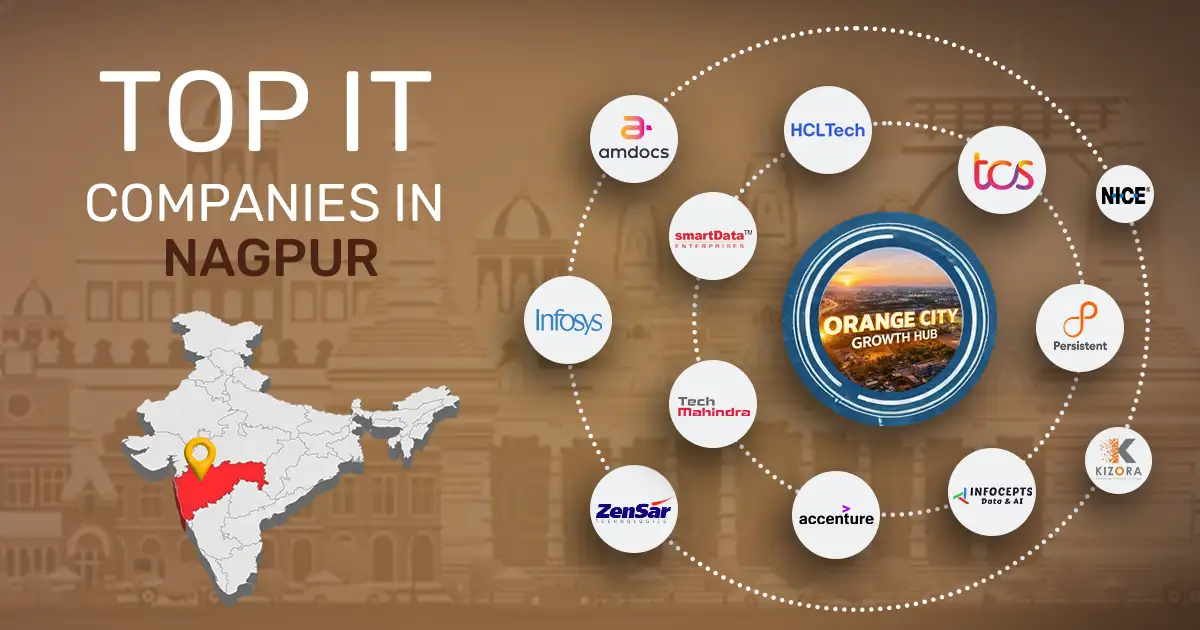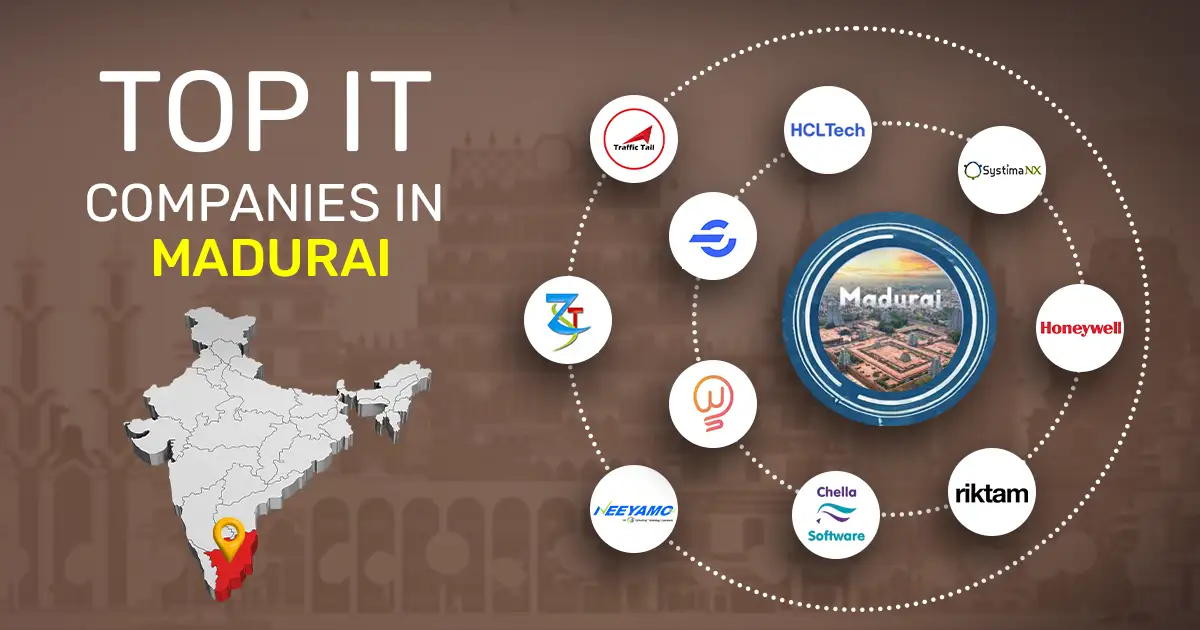
What is a Private Limited Company? Meaning, Definition & Examples
Starting a business in India? One of the first terms you should know is what a Private Limited Company is. A Private Limited Company (Pvt Ltd) is the most preferred business structure for startups and growing companies, offering legal recognition, limited liability protection, and strong credibility in the market.
It allows entrepreneurs to raise funds, protect personal assets, and scale operations with confidence, making it ideal for long-term business success.
This article explains key aspects of a Private Limited Company, including features, benefits, and the registration process.
Private Limited Company – Meaning and Definition
“A private limited company registers under the Companies Act, 2013, and is owned by a small group of shareholders. Moreover, it limits members’ liability to their shares and restricts the public from buying them.
What is a Private Limited Company: Definition as per the Companies Act
“private company” means a company as may be prescribed, and which by its articles,—
(i) restricts the right to transfer its shares;
(ii) except in the case of a One Person Company, limits the number of its members to two hundred:
Provided that where two or more persons hold one or more shares in a company jointly, they shall, for this clause, be treated as a single member.
In India, many startups and small businesses prefer this model as it’s easy to scale and friendly to investors.
Example of a Private Limited Company
Let’s understand a Private Limited Company with a simple example.
Suppose ABC Tech Solutions Private Limited is a startup founded by two friends, Rahul and Neha. They provide website and mobile app development services to small businesses in India.
Rahul and Neha invest ₹5 lakh each as initial capital. The company is registered as a Private Limited Company under the Companies Act, 2013, and has its own legal identity, separate from its owners.
If the business faces losses or legal issues, Rahul and Neha are only responsible up to the amount they invested. Their personal assets, such as savings or property, are not at risk.
The company cannot sell its shares to the public. Ownership is limited to a small group of shareholders, which helps maintain control within the founders.
As the business grows, ABC Tech Solutions Private Limited hires employees, signs contracts in the company’s name, and raises funds from private investors. They would be required to follow through with rules and regulations for a private limited company employees.
This example shows how a Private Limited Company structure protects owners, supports growth, and ensures legal compliance in India.
Types of Private Limited Company (Pvt Ltd)
Indian law defines two types of structures for a Private Limited Company (Pvt Ltd):
- Company Limited by Shares
- Company Limited by Guarantee
These options are explained below:
a. Private Company Limited by Shares
A private company limited by shares is a type of business with capital divided into shares. The company can have two or more shareholders whose liability is limited by their shares. Additionally, it is managed by at least one director.
A private corporation limited by shares has its share capital divided into shares. The Articles of Association (AoA) will state the value, class, and rights of each share. Shareholders are the people who own shares.
b. Private Company Limited by Guarantee
A firm limited by guarantee has members called guarantors, and that’s what the Private Company Limited by Guarantee stands for. Hence, these members provide a set amount from the guarantors to support the business during tough times.
Who Should Register a Private Limited Company in India?
A Private Limited Company is ideal for entrepreneurs and businesses that want legal credibility, limited liability, and scalable growth. Here’s who should consider registering one in India:
- Startups Planning Rapid Growth: If you plan to scale operations, hire employees, or raise funding, a Private Limited Company is the most preferred structure. Investors and venture capitalists usually invest only in private limited companies.
- Businesses Seeking External Funding: Companies planning to raise funds from angel investors, venture capital firms, or private equity must register as a Private Limited Company, as it allows equity sharing and structured ownership.
- Founders Who Want Limited Liability: If you want to protect your personal assets from business risks, this structure is suitable. Shareholders’ liability is limited to the amount invested in the company.
- Entrepreneurs Looking for Strong Brand Credibility: A Private Limited Company enjoys higher trust among customers, vendors, banks, and government authorities compared to sole proprietorships or partnership firms.
- Businesses With Multiple Co-Founders: If your business has two or more founders, registering as a Private Limited Company helps define ownership, roles, and responsibilities clearly through shareholding and legal agreements.
- Companies Planning Long-Term Operations: Private Limited Companies have perpetual existence. The company continues even if a director or shareholder exits, making it ideal for long-term business planning.
- Businesses Operating in Regulated or Contract-Based Sectors: If your business needs formal contracts, tenders, or government registrations, a Private Limited Company structure offers legal recognition and compliance support.
Small businesses with very limited operations, minimal compliance capacity, or no plans for growth should find this structure. They may register as a Sole Proprietorship or a Partnership due to lower compliance requirements.
Features of a Private Limited Company
The following are the core structural features of a Private Limited Company in India:
1. Separate Legal Entity: A Private Limited Company has its own legal identity, distinct from its shareholders and directors. It can own assets, enter into contracts, and sue or be sued in its own name.
2. Share-Based Ownership: Ownership is divided into shares, which are held by shareholders. Share transfer is restricted and governed by the company’s Articles of Association.
3. Limited Number of Members: A Private Limited Company requires a minimum of 2 shareholders and 2 directors, and can have up to 200 shareholders. Know more about the requirements for the minimum and maximum number of members for a private limited company before starting operations.
4. Mandatory Statutory Compliance: The company must follow ROC compliance, such as annual filings, audits, board meetings, and maintenance of statutory registers.
5. Perpetual Succession: The company continues to exist regardless of changes in ownership, management, or the death or exit of shareholders.
Along with the characteristics, it’s also essential to know about the advantages and disadvantages of the Pvt Ltd Company Structure. Scroll below to start with the pros and cons.
Benefits of a Private Limited Company (Pvt Ltd)
A Private Limited Company (Pvt Ltd) is a popular choice for business registration in India. To completely understand what a private limited company mean, it’s essential to know its advantages. They are:
- Strong Business Credibility: Being a registered corporate entity improves trust among customers, vendors, banks, and government authorities.
- Easier Access to Funding: Investors prefer private limited companies because of clear ownership, structured governance, and equity issuance options.
- Protection of Personal Assets: Business risks remain confined to the company, safeguarding the personal assets of shareholders.
- Long-Term Business Stability: The structure supports sustained operations, leadership changes, and expansion without disrupting business continuity.
- Better Growth & Expansion Potential: The company can scale operations, enter partnerships, hire talent, and expand internationally with fewer structural limitations.
- Improved Valuation & Exit Opportunities: Private limited companies offer clearer exit options such as share transfers, mergers, acquisitions, or stake sales.
Disadvantages of Pvt Ltd Structure: Despite its benefits, a Private Limited Company involves higher compliance and operational responsibilities. It requires regular filings, audits, and adherence to ROC regulations, which increase administrative effort and costs. Additionally, share transfers are restricted, and decision-making may take longer due to formal governance requirements.
If you find this business structure to be suitable for you, then it’s time to get legally registered. The registration process of a Private Limited Company consists of pre-defined steps in India. The procedure starts by availing of a Digital Signature Certificate (DSC) and ends with receiving a Certificate of Incorporation (CoI).
Requirements to Register a Private Limited Company (Pvt Ltd)
To register your business as a Private Limited Company (Pvt Ltd), you need to meet these requirements:
- To begin with, you must have at least two members to act as directors.
- One director shall be an Indian Citizen who is residing in India
- Directors shall be individuals, not an artificial body or entity
- Authorized share capital of a minimum of Rs. 1 lakh.
- Digital Signature Certificate (DSC) of each Director on the Board.
The cost to register a private limited company in India typically falls between ₹6,000 and ₹15,000. Planning these expenses early helps you start your business smoothly and legally. Therefore, you should get the detailed breakdown of Private Limited Company Registration Costs before filing.
Private Limited Company vs Other Business Structures
Choosing the right business structure is a crucial decision that affects ownership, liability, compliance, and growth potential. Here’s how a Private Limited Company compares with other common business structures in India:
| Basis of Comparison | Private Limited Company | LLP (Limited Liability Partnership) | Partnership Firm | Sole Proprietorship |
|---|---|---|---|---|
| Ownership | Shareholders | Partners | Partners | Single owner |
| Minimum Members | 2 shareholders & 2 directors | 2 partners | 2 partners | 1 individual |
| Maximum Members | 200 shareholders | No upper limit | Ends on the owner’s death or exit | Not applicable |
| Liability | Limited to share capital | Limited to partner contribution | Unlimited | Unlimited |
| Fundraising Ability | High (equity, investors, VC) | Moderate | Low | Very limited |
| Compliance Requirements | High | Moderate | Low | Minimal |
| Transfer of Ownership | Restricted share transfer | Restricted partner transfer | Difficult | Not transferable |
| Business Continuity | Perpetual succession | Perpetual succession | Ends on partner exit (unless agreed) | Ends on owner’s death or exit |
| Tax Structure | Corporate tax rates | LLP tax rates | Individual slab rates | Individual slab rates |
| Ideal For | Startups, scalable businesses, funded ventures | Professional services, SMEs | Small traditional businesses | Freelancers, small traders |
Read more: https://www.registerkaro.in/post/private-limited-vs-other-structures
RegisterKaro leverages over 5 years of experience, strong legal expertise, and end-to-end support to register your Pvt Ltd company smoothly, accurately, and on time.
Register your Pvt Ltd Company the right way, right from day one. Contact RegisterKaro Today!
Ending Note
Forming a company is a complex process that demands careful research and consideration. It’s not a one-person task to weigh the pros and cons of a business structure and choose the one that best fits your needs. Having the right support makes this process much easier.
So, if you want to register your business as a Private Limited Company (Pvt Ltd), RegisterKaro can take care. This way, you can focus on turning your dreams into reality.
Frequently Asked Questions
A Private Limited Company operates as a legally registered business entity under the Companies Act, 2013. It provides limited liability protection, holds a separate legal identity, ensures perpetual succession, and offers stronger credibility for raising funds and entering into contracts.




